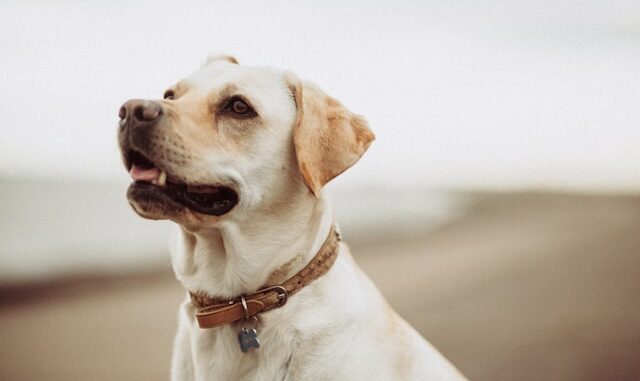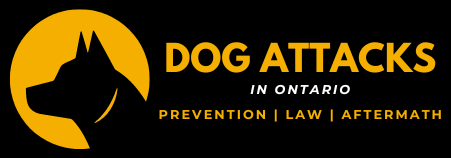
Ontario’s Dog Owners’ Liability Act (DOLA) is a pivotal piece of legislation designed to address concerns surrounding dog-related incidents and ensure accountability among pet owners. Enacted to protect the public from potential risks associated with dog ownership, DOLA establishes clear guidelines regarding the liability of dog owners in cases of bites or attacks. This article aims to provide a detailed understanding of the core provisions of DOLA, including the principles of strict liability, definitions of key terms such as “bite” and “attack,” and the types of damages covered under the act.
At the heart of the Dog Owners’ Liability Act lies the principle of strict liability. Unlike other areas of tort law where fault must be proven, strict liability under DOLA holds dog owners responsible for any harm caused by their pets, regardless of their awareness or negligence. This means that dog owners are automatically liable for any damages or injuries inflicted by their dogs, regardless of the circumstances leading to the incident. This stringent standard underscores the importance of responsible pet ownership and emphasizes the need for proactive measures to prevent dog-related incidents.
Central to understanding the Dog Owners’ Liability Act are the definitions of key terms such as “bite” and “attack.” According to DOLA, a “bite” occurs when a dog’s teeth penetrate the skin of a person or animal, resulting in injury. This definition encompasses both minor and severe bites, highlighting the seriousness with which such incidents are treated under the law. Additionally, DOLA defines an “attack” as any aggressive behavior by a dog that causes a person or animal to fear imminent harm, regardless of whether physical contact occurs. This broad definition acknowledges that not all instances of aggression result in actual bites but can still pose a significant threat to safety.
In the unfortunate event of a dog bite or attack, victims may be entitled to various forms of compensation under the Dog Owners’ Liability Act. These damages typically include medical expenses incurred for treating injuries, rehabilitation costs, loss of income due to temporary or permanent disability, and pain and suffering endured by the victim. Additionally, DOLA allows for the recovery of damages for property damage caused by the dog. Moreover, DOLA permits courts to award punitive damages in cases of extreme negligence or willful misconduct by the dog owner. Punitive damages serve as a deterrent against irresponsible behavior and send a clear message that such conduct will not be tolerated under the law.
It is essential for dog owners to understand their obligations under the Dog Owners’ Liability Act to ensure compliance and prevent potential legal repercussions. Dog owners have a legal obligation to exercise reasonable care and control over their pets to prevent harm to others. This includes measures such as proper training, socialization, and containment to mitigate the risk of aggressive behavior. Failure to fulfill these obligations can result in legal liability and financial consequences for the owner.
In conclusion, the Dog Owners’ Liability Act plays a vital role in promoting safety and accountability within Ontario communities. By establishing strict liability for dog owners, defining key terms such as “bite” and “attack,” and providing avenues for compensation, DOLA seeks to protect the public from the potential risks posed by dogs while promoting responsible pet ownership. Through a clear understanding of its provisions, stakeholders can navigate the legal landscape surrounding dog-related incidents with confidence and clarity.
